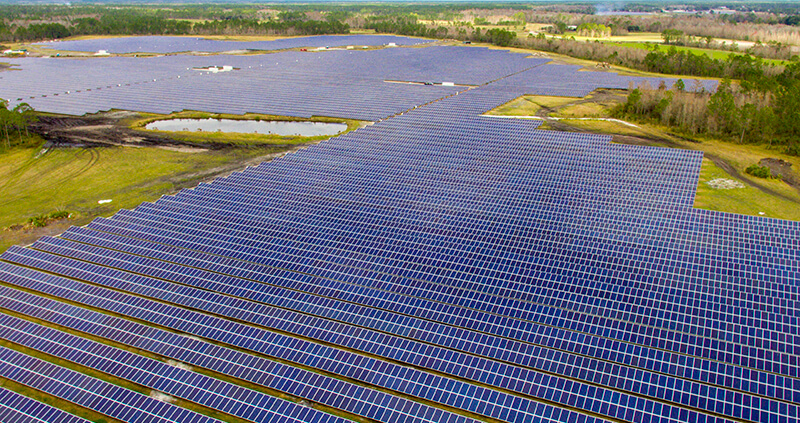NAGF News Bullets for Bi-Week ending 6/17/2022
NAGF News Bullets for Bi-Week ending 6/17/2022
- NAGF Formal Comments for NERC Projects
The NAGF worked with membership to develop, finalize and submit formal comments for the following project:
Project 2021-07 Extreme Cold Weather Grid Operations, Preparedness, and Coordination
The formal comments documents are located in the NAGF website file cabinet under the “NERC Submittals\Project 2021-07” folder.
- New NERC Projects of Interest
Project 2022-03 Energy Assurance with Energy-Constrained Resources
This new project will enhance reliability by requiring entities to perform energy reliability assessments across different time horizons to evaluate energy assurance and develop Corrective Action Plan(s) to address identified risks. Energy reliability assessments evaluate energy assurance across the Operations Planning, Near-Term Transmission Planning, and Long-Term Transmission Planning or equivalent time horizons by analyzing the expected resource mix availability (flexibility) and the expected availability of fuel during the study period. Two (2) draft SARs have been posted on the project home page for industry comment. The NAGF Variable Resources Working Group will be scheduling webinars with membership to gather input for comment development in early July 2022.
- FERC NOPR on Transmission System Planning Performance Requirements for Extreme
Weather
On June 16, 2022, FERC issued the subject Notice of Proposed Rule Making (NOPR) that proposes to direct the North American Electric Reliability Corporation or “NERC” to develop and submit for Commission approval modifications to Reliability Standard TPL-001-5.1 (Transmission System Planning Performance Requirements) to address transmission system planning for extreme heat or cold weather events that impact the reliable operation of the Bulk-Power System. The NOPR proposes to direct NERC to develop modifications to Reliability Standard TPL-001-5.1 to require responsible entities to:
- Develop benchmark planning cases based on information such as major prior extreme heat and cold weather events or future meteorological projections;
- Plan for extreme heat and cold events using steady state and transient stability analyses expanded to cover a range of extreme weather scenarios including the expected resource mix’s availability during extreme heat and cold weather conditions, and include the broad area impacts of extreme heat and cold weather; and
- Develop a corrective action plan that includes mitigation for any instances where performance requirements for extreme heat and cold events are not met.
Comments in response to the draft proposed rule are due 60 days following publication in the Federal Register.
Thanks,
Wayne





Leave a Reply
Want to join the discussion?Feel free to contribute!